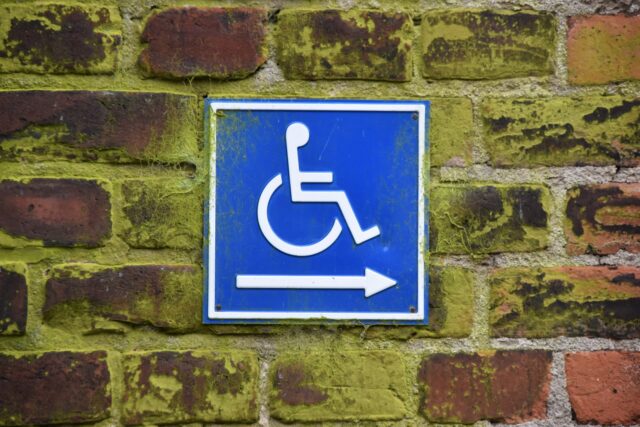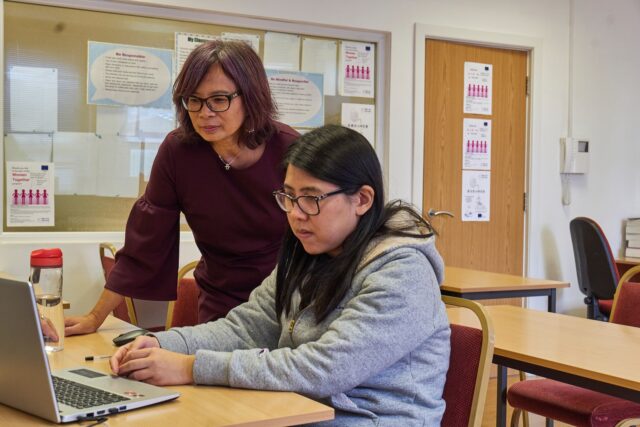In this article, we’ll be exploring the ways in which universities can be more inclusive for students with cerebral palsy (CP)…
Creating an inclusive environment for all students is crucial in universities. This includes those with cerebral palsy.
In this article, we will explore how universities can take steps to be more welcoming and accommodating to students with cerebral palsy. We’ll also touch upon the role of cerebral palsy claims lawyers in advocating for accessibility and equity within educational institutions.
How Can Universities Be More Inclusive?
According to statistics, just under a quarter of disabled people between the ages of 21 and 64 hold a degree – a sharp contrast to 42.7% of those without a disability. It is, of course, incredibly important for those with a disability to be able to gain the same education as those without. In this section, we’ll be taking a look at some of the ways in which universities can be more inclusive for students with cerebral palsy and other disabilities.
Marketing
A number of universities tend to show a higher proportion of able-bodied students and staff on their brochures and ads, compared to those who are disabled. In doing so, this can make prospective students with disabilities feel discouraged or out of place. To truly embody inclusivity, diversity must be a focal point in portraying the university’s values. Likewise, inclusivity should extend to board members with disabilities, ensuring that the institution genuinely embraces diversity at all levels.
Accessibility
While some students with CP are able to get around using crutches or walking sticks, others are confined to a wheelchair. As such, it’s important to ensure that public areas such as corridors, entrances, lecture halls and classrooms are accessible by wheelchair users. Similarly, the same considerations should also be in place for public bathrooms and student accommodation where applicable. The latter is particularly important as adjustments may need to be made to ensure that disabled students are able to safely use cooking and washing facilities.
Flexibility
A student with cerebral palsy will often struggle with fatigue and because of this, universities can help by being flexible with time where possible. Additionally, allowing remote access to lectures can be really useful for disabled students for whom just getting to the university and making their way to the lecture hall can be exhausting. Advanced technology now offers many different options for learning and universities should be very much embracing these wherever possible.
Representation
For many, going to university is a big step and usually marks the beginning of being independent. This can feel overwhelming, especially for those with disabilities whose parents have been their caregivers for a long time. Universities can help to make this transition easier by appointing a dedicated disability officer per department whose role will be to offer practical and moral support to disabled students who may be struggling.
Maps
When creating maps, whether they’re interactive or not, universities should ensure they include information for students with disabilities. This means marking wheelchair turning areas and indicating the accessibility of classrooms, lecture halls, and cafeterias.
Inclusivity at Universities
By taking thoughtful steps to accommodate the needs of students with cerebral palsy, universities can create a more inclusive and supportive environment. From ensuring accessible facilities to providing tailored support, these efforts not only empower students with cerebral palsy but also enrich the overall university experience for everyone. Through such inclusive practices, universities can truly demonstrate their commitment to diversity and equal educational opportunities.
Please be advised that this article is for general informational purposes only, and should not be used as a substitute for advice from a professional. Be sure to consult a SEND professional if you’re seeking advice on making an educational facility more inclusive. We are not liable for risks or issues associated with using or acting upon the information on this site.







